The history of Ableton Live in 10 key updates
Tracking the evolution of the influential DAW across its 20 year history
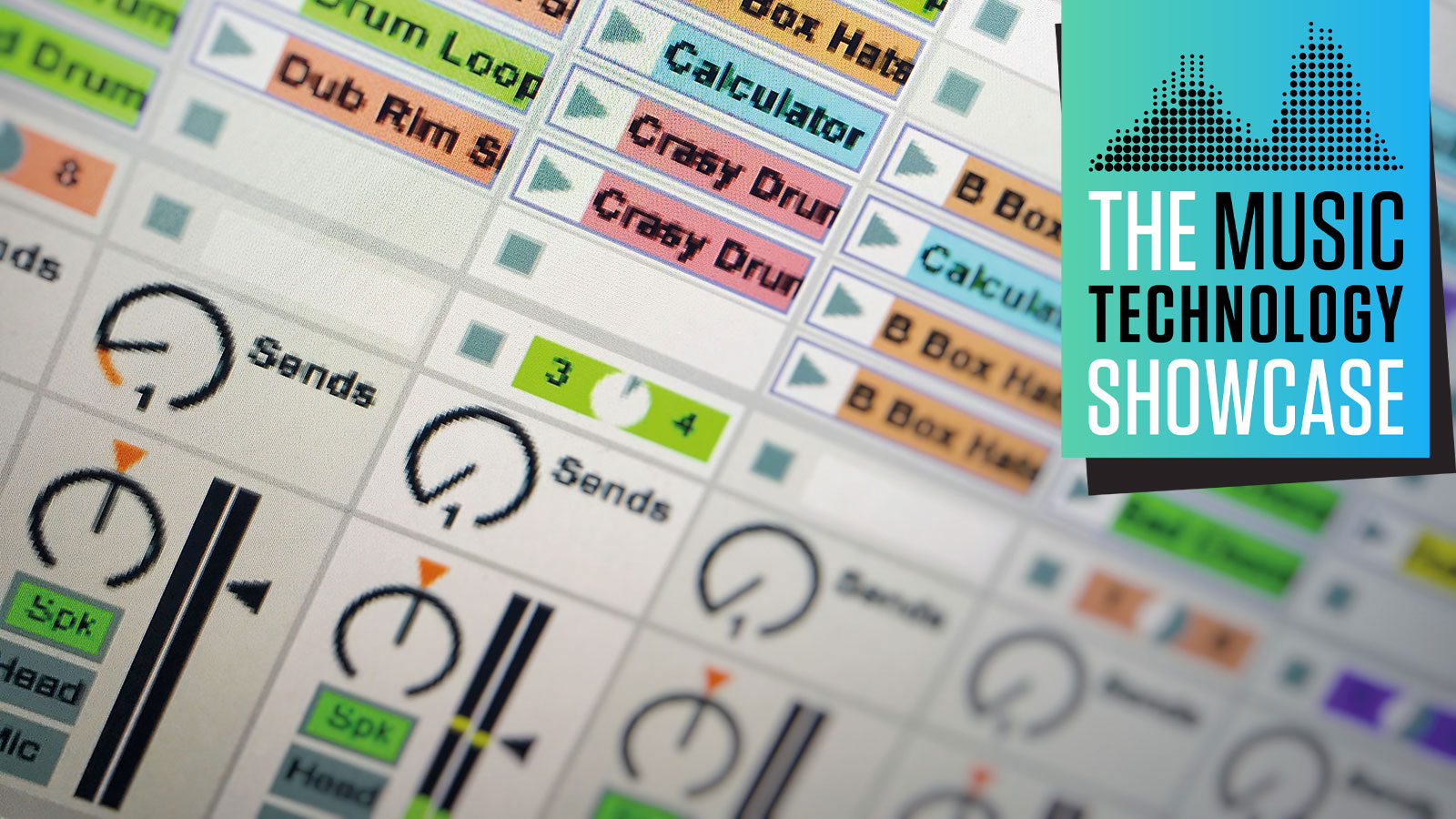
- 1. 2001 Ableton Live 1 launches
- 2. 2004 Live 4 adds MIDI
- 3. 2005 Ableton introduce Operator
- 4. 2005 Live 5 brings new Warp modes
- 5. 2008 Suite bundles everything Ableton into one package
- 6. 2009 Novation’s Launchpad brings a new way to interact with Live
- 7. 2009 Max comes to Live
- 8. 2013 Ableton launch Push
- 9. 2015 Ableton Link syncs iOS and desktop
- 10. 2021 Ableton Live 11
Music Tech Showcase 2021: Across its 20 year history Ableton Live has reshaped electronic music, blurring the lines between recording and performance, tool and instrument. Here we take a look at 10 of the key developments that have shaped the go-to live DAW over its influential lifespan.
1. 2001 Ableton Live 1 launches
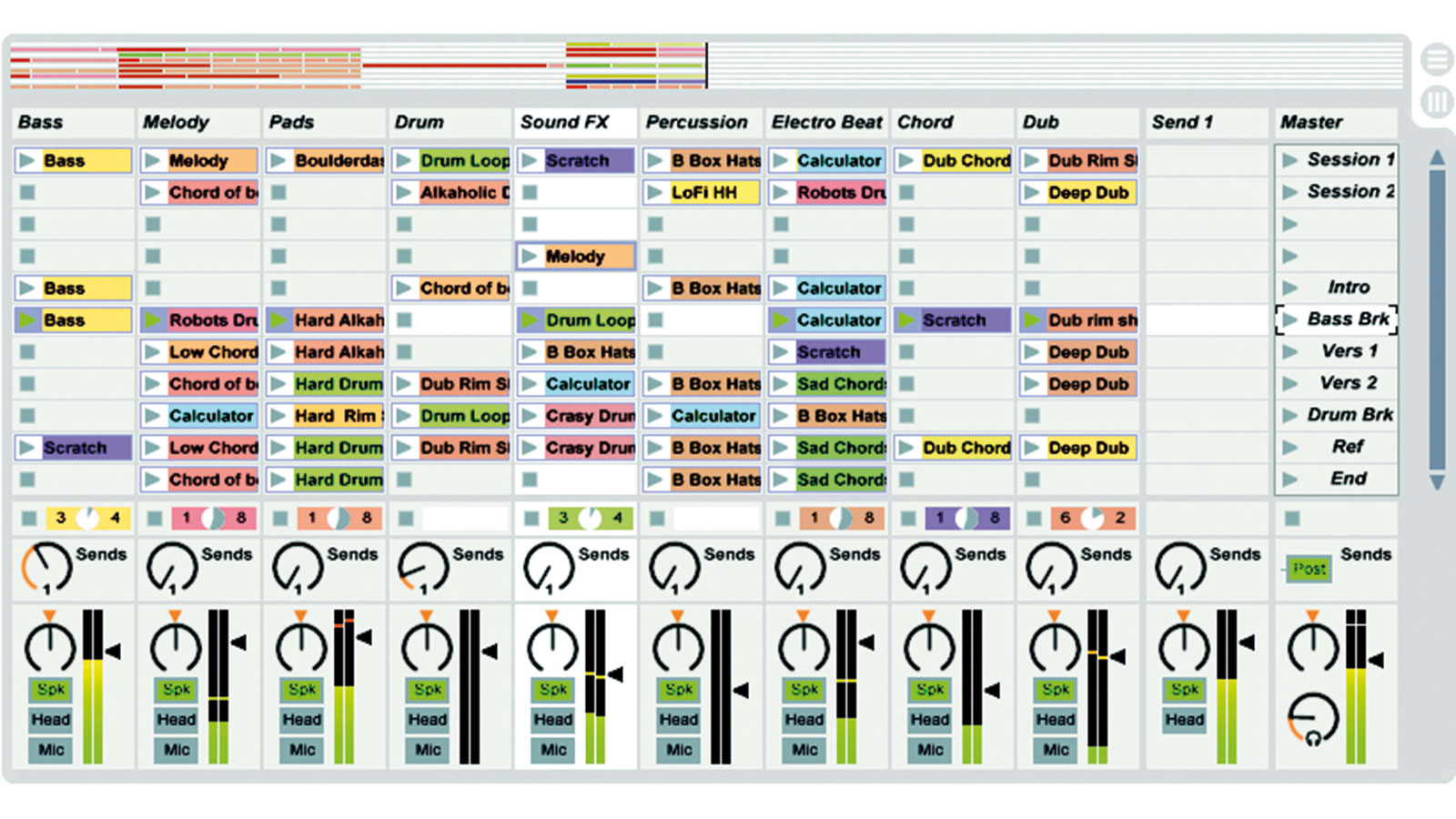
Live version 1 launches on 30 October. In its original form, Live is purely focused on triggering audio loops and samples, with no MIDI capabilities. The familiar Session and Arrangement views are there though, as are a handful of now-classic effects, such as Grain Delay, Erosion and a multi-band EQ.
2. 2004 Live 4 adds MIDI
Versions 2 and 3 of Live are mostly about fine-tuning the format, but version 4 is a massive step up. The update adds MIDI compatibility to Live, moving it away from purely performance use into full DAW territory. With it comes the debut of several Live staples including Simpler, Impulse and Follow Actions.
3. 2005 Ableton introduce Operator
User-friendly takes on FM synthesis are all the rage in 2021, but Ableton were decades ahead of the game with Operator, their neat four-operator take on FM (and additive) synthesis.
4. 2005 Live 5 brings new Warp modes
Audio timestretching – referred to as ‘warping’ – has been a key part of Live since day 1, but Live 5 significantly ups the capabilities with an assortment of new Warp tools. These include Complex mode, which ups the sound quality, and the ability to Auto-Warp audio dragged into the DAW, which vastly reduces the time taken to get audio in sync.
5. 2008 Suite bundles everything Ableton into one package
The arrival of Live 7 brings with it the introduction of Ableton’s Suite package – a step up from the standard Live that includes additional Devices and sounds. The first Suite bundle includes Analog, Electric and Tension instruments. Live 7 also adds Drum Racks to the DAW’s toolkit.
6. 2009 Novation’s Launchpad brings a new way to interact with Live
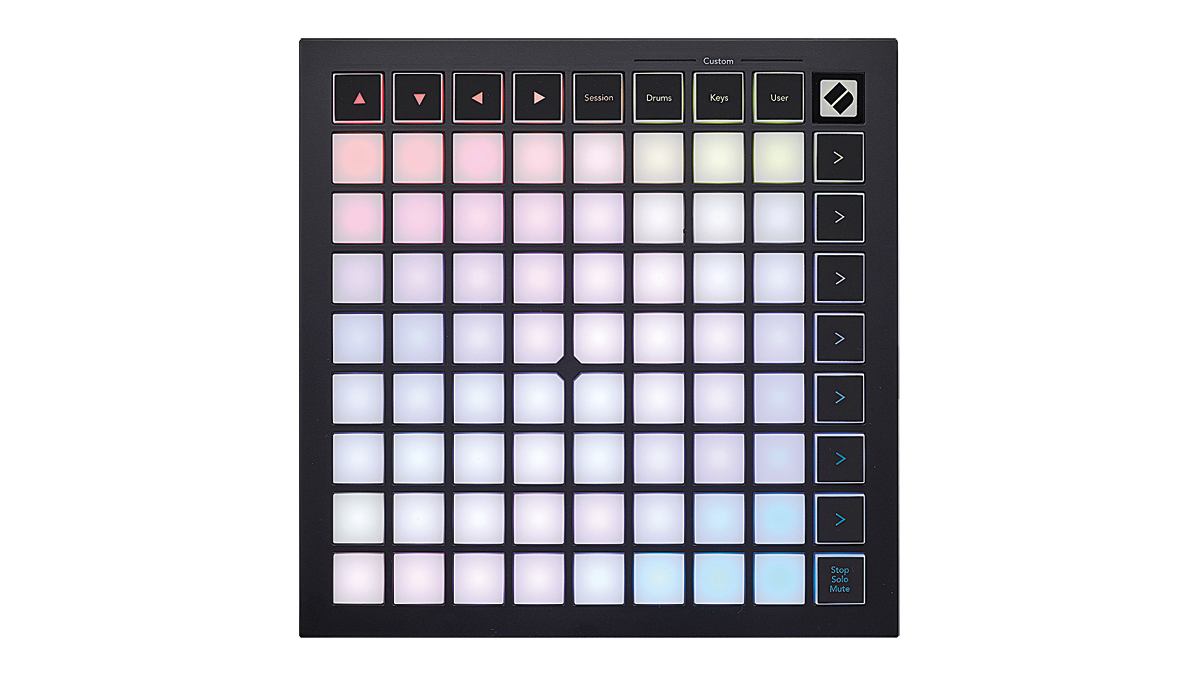
The Launchpad wasn’t the first Ableton-specific controller – Akai’s APC range got there first - but it’s undoubtedly the most influential. Incredibly user-friendly, Novation’s hardware clip launcher opened up Live performance and DJing to the masses, and quickly began appearing on stages across the globe.
Get the MusicRadar Newsletter
Want all the hottest music and gear news, reviews, deals, features and more, direct to your inbox? Sign up here.
7. 2009 Max comes to Live
Cycling ’74’s Max/MSP had long been linked to Ableton and its team of developers – many of whom had previously created tools using the Max programming environment. The introduction of a new version specifically designed to work in Live was a logical step then, ultimately leading to Ableton acquiring Cycling ’74 and fully integrating Max into Live 10.
8. 2013 Ableton launch Push
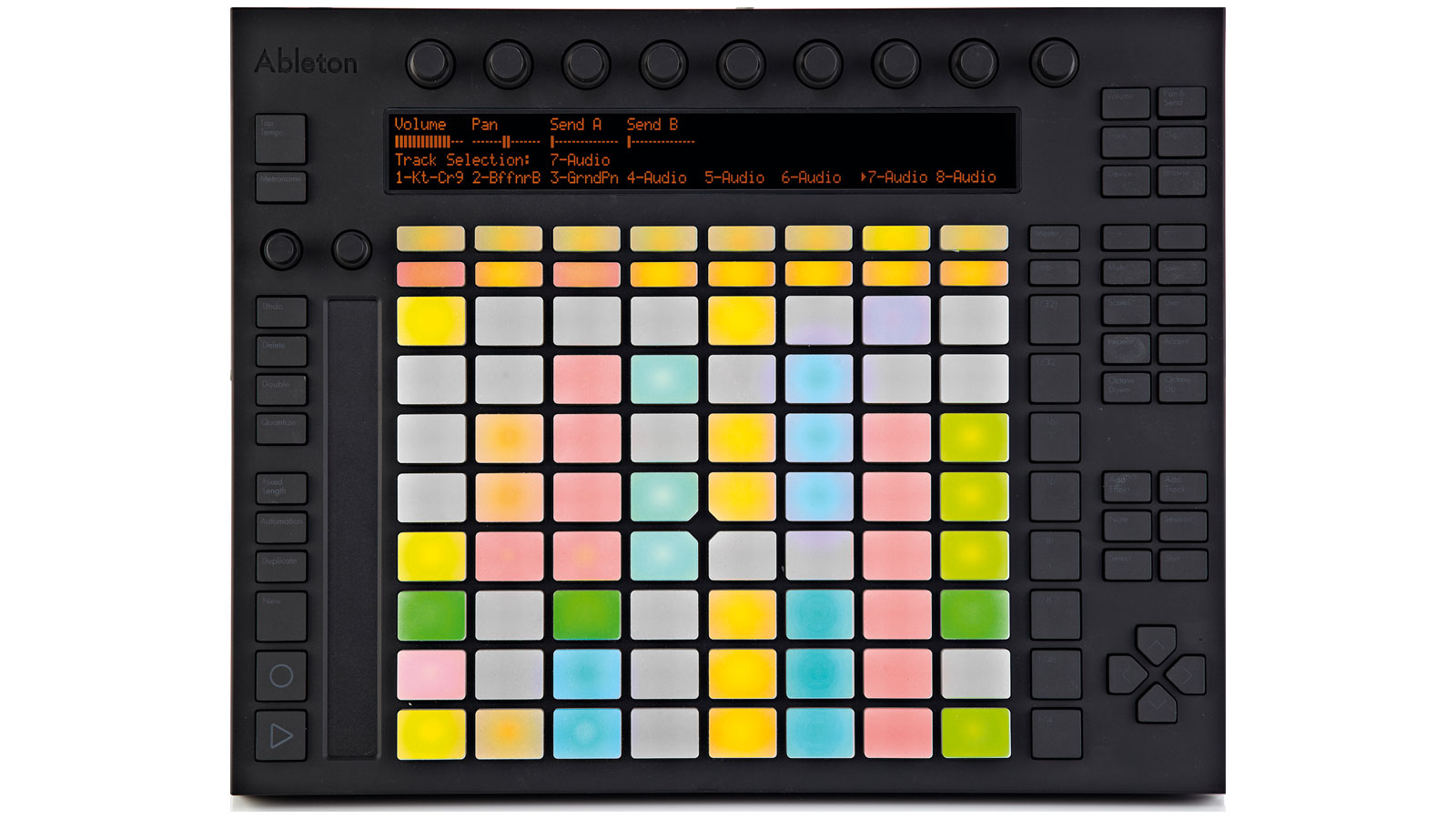
Following the success of Live controllers by the likes of Novation and Akai, Ableton launch their first and only hardware product, Push – a dedicated pad-based MIDI controller for Live. Version 1 is created in collaboration with Akai, but by the time Push 2 arrives in 2015 Ableton have brought development of Push fully in-house.
9. 2015 Ableton Link syncs iOS and desktop
Launched alongside Live 9.5, Link is an open technology designed to keep multiple applications in sync over a wireless network. It’s initially added to Live, but quickly adopted by a multitude of over software and iOS tools.
10. 2021 Ableton Live 11
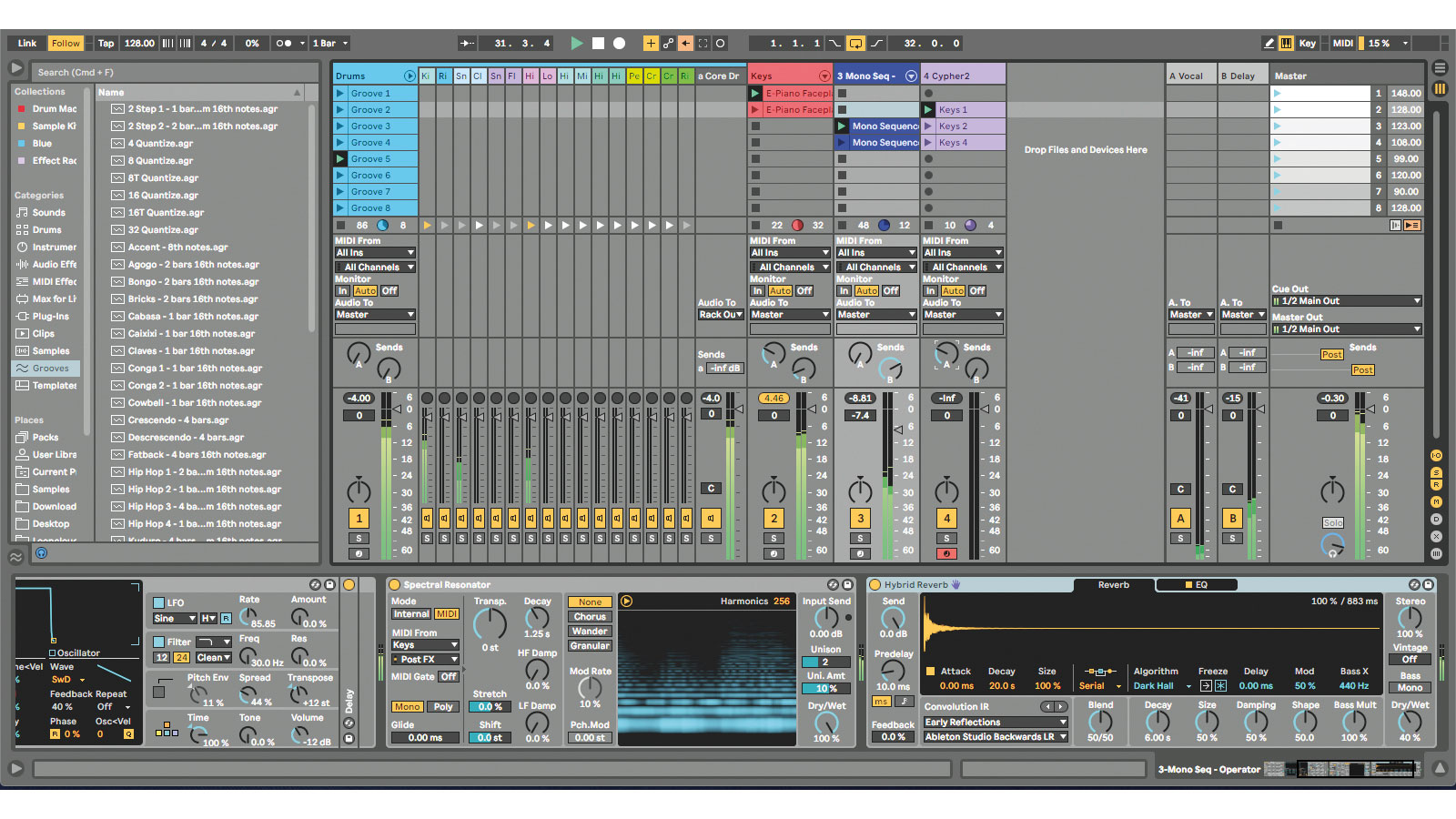
The latest version of Live arrived in March of this year. This latest update adds comping – a long requested feature - along with several creative ‘spectral’ effects and an all-new, multi-functional Hybrid Reverb Device.


Future Music is the number one magazine for today's producers. Packed with technique and technology we'll help you make great new music. All-access artist interviews, in-depth gear reviews, essential production tutorials and much more. Every marvellous monthly edition features reliable reviews of the latest and greatest hardware and software technology and techniques, unparalleled advice, in-depth interviews, sensational free samples and so much more to improve the experience and outcome of your music-making.










